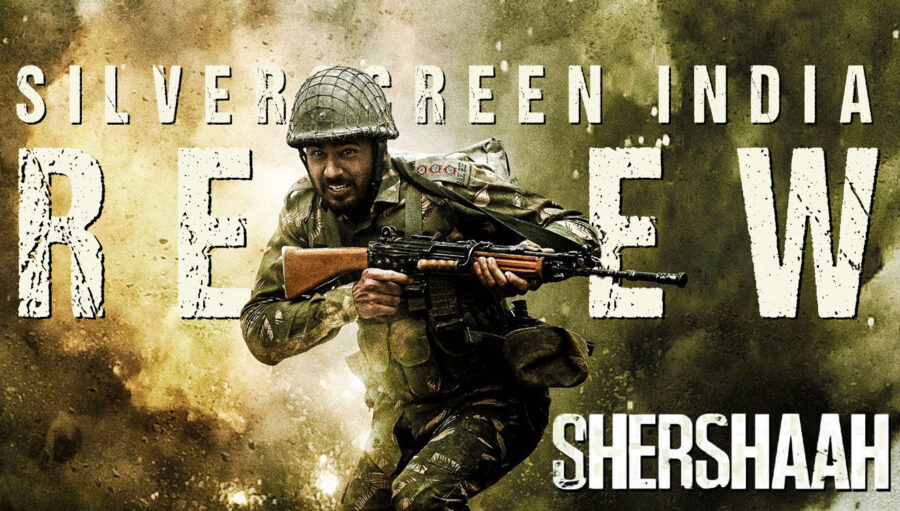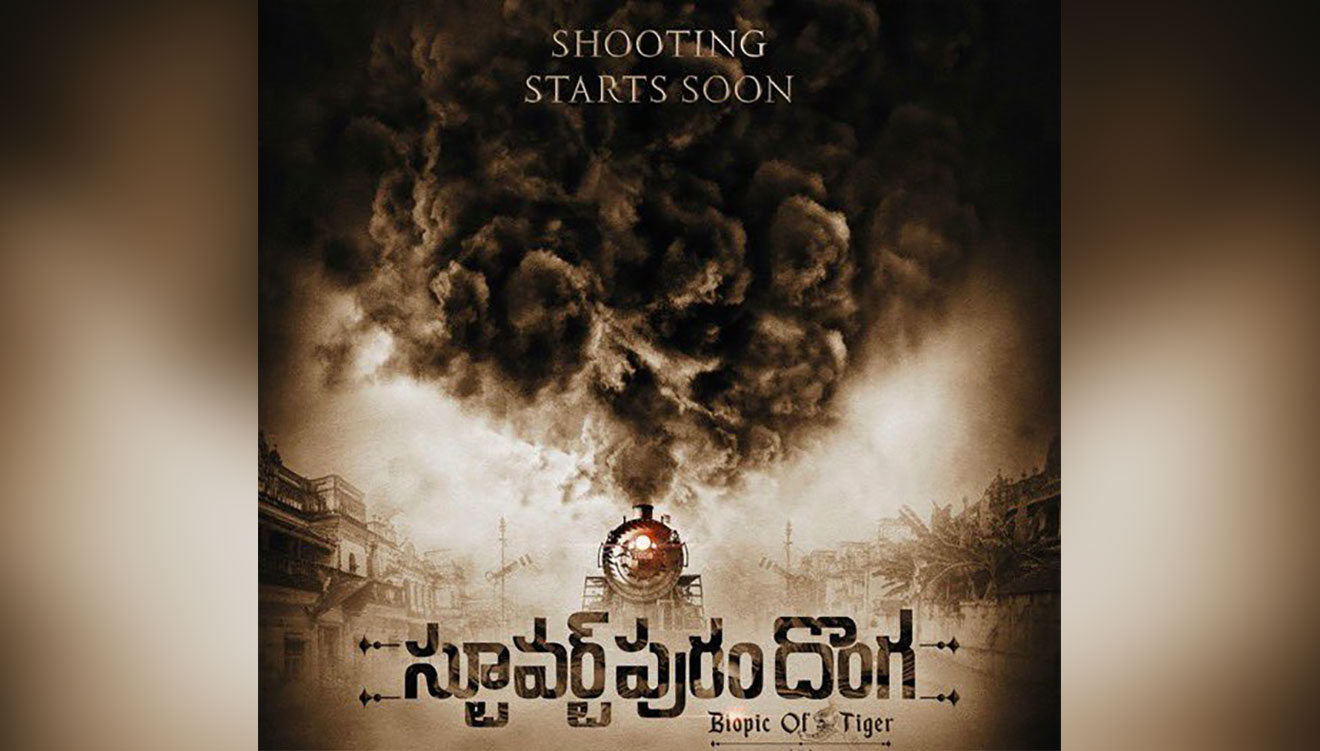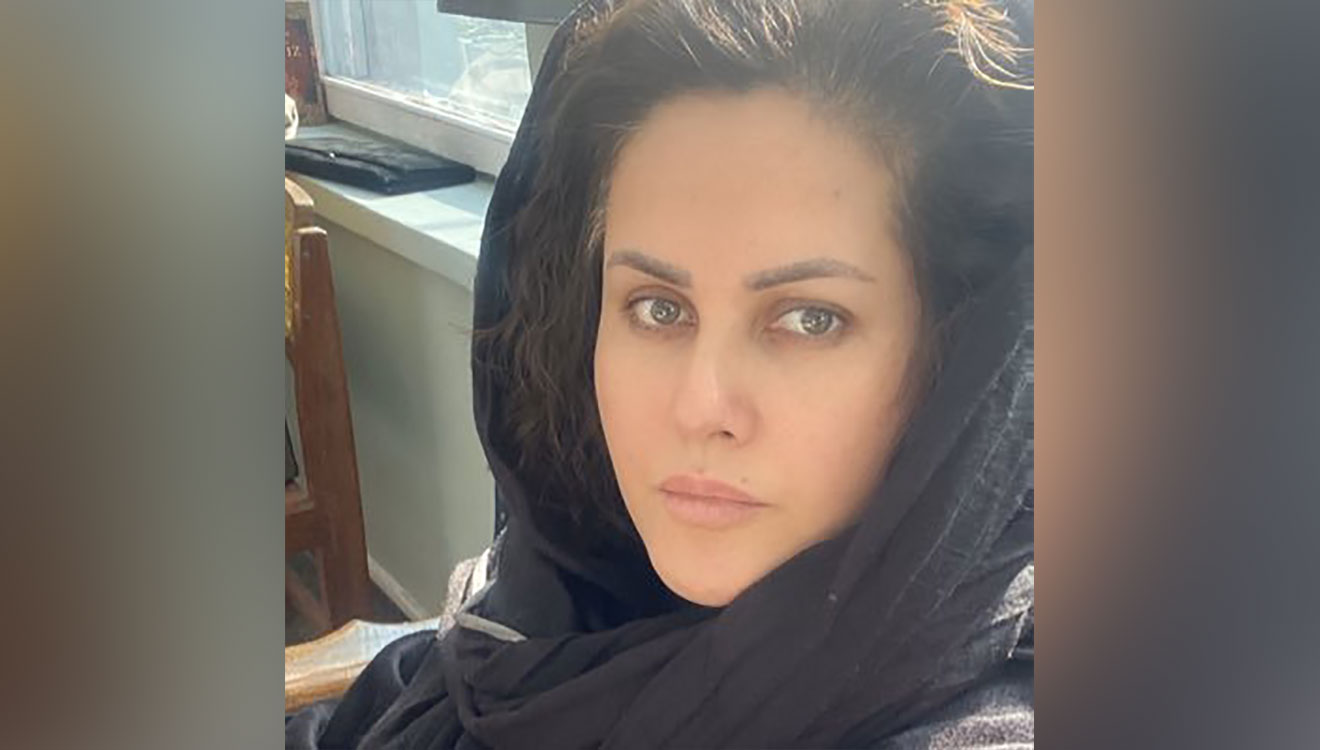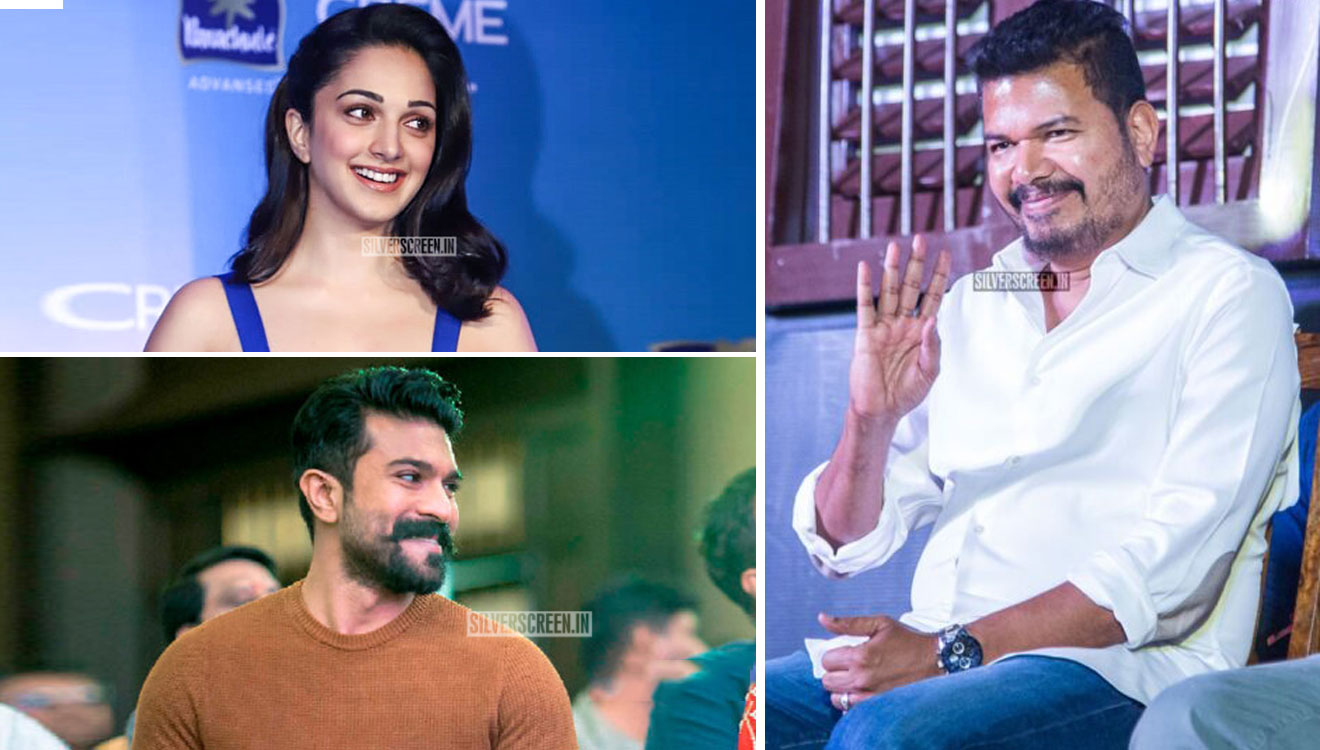In the initial half of Shershaah, one of the sub-characters, Naib Subedar Bansi Lal Sharma (Anil Charanjeett), confides in his superior officer Captain Vikram Batra (Siddharth Malhotra) a piece of personal news, about his baby girl’s christening ceremony. If you are familiar with the age-old template of Indian action dramas, this mention of something as tender as a baby daughter in a film teeming with army uniforms, guns and muscles could only mean that Bansi Lal is fodder for a tearjerker moment.
Two scenes later, Bansi Lal is brutally gunned down by masked terrorists, prompting his young boss to shed his boyish softness and unleash an assault on his enemies. At the funeral, the latter takes a long look at the photograph of the child who has just lost her father and vows to hunt down the killers.
One would think screenwriting a sports/war/action drama is strenuous work that requires intellect and imagination. But with every new biopic on national heroes, Bollywood has been demonstrating to its audience that writing is a bot’s job, a task akin to assembling pieces manufactured elsewhere and creating a narrative that goes from one predictable plot point to another.
Directed by Vishnuvardhan, who has to his credit commercially-successful lowbrow Tamil action flicks such as Arrambam, Shershaah is based on a real-life hero, Param Vir Chakra recipient Captain Vikram Batra, who lost his life while trying to recapture a post in Kargil War in July 1999. Vishnuvardhan mixes his pot-boiler sensibilities with the nationalistic fervour that is expected of a war biopic, an August 15 special release. Amidst executing high-octane military attacks, the young officers indulge in banter. Unlike their senior officers who maintain stiff body language, they laugh and scream, “Yeh dil maange more!” The film, seldom reflective or subtle, is not about a soldier’s inner experiences of fighting a war but a tabloid presentation of war as a sport.
The action sequences are well-filmed, not as slick or straight-faced as the procedural scenes in Uri, but neat enough to keep the audience on edge. In the last leg of the film, Batra delivers an electrifying speech to his battalion, with a punchline reminiscent of Uri’s ‘How’s the josh’, and they proceed to the frontline. These moments evoke a strong sense of déjà vu, but the restraint in the staging of the scenes and the performances make the proceedings riveting.
Outside the war field, Shershaah is painfully bland. It follows the codes of mythology where heroism is a result of genes and destiny. To inquire into the hero’s motivations is blasphemy. As a child, Batra fights with a bully in the neighbourhood for his cricket ball. It is the kind of scene, cheesy and unintentionally funny, that inspires Bollywood biopic parodies. “It is my stuff. I will not leave without taking it back,” the little boy says, as his twin brother tries to drag him away. The child wants to become a soldier, so much so that he attends August 15 celebrations at school dressed up in army uniform.
The film doesn’t ask if Vikram ever had self-doubts or felt exhausted. When Batra says he is cutting short his vacation and returning to the army camp, his friend asks if he got a call from the superior officers. Batra replies smilingly, “The call came from within.”
Indian army’s troubled relationship with Kashmir is hinted at in a line: “Your Kahwa could come mixed with poison,” said by an officer to Batra, as a warning against him befriending the local population. But the film immediately resolves the tension using a supporting character, a local boy forcibly recruited by militants to work for Pakistan, who says he would sacrifice himself to help the army capture the terrorists.
But there is an explanation for the film’s refusal to look at Batra as an ordinary human being. The film is presented as an elaborate flashback recounted by Batra’s twin brother to an audience at a motivational talk show. Post his death, a national hero can only become a motivational story about selfless courage and determination.
The women in the film are cheerleaders or collateral damages who exist in the background as a blur. Dimple (Kiara Advani) is Batra’s beautiful, earnest and ever-supportive girlfriend. Nothing about her existence in the film breaks new ground. She encourages him to follow his dream to join the army, promises to wait for him and love him forever, and sticks to that promise.
Recommended
Shershaah is one of numerous films made in the last 10 years centred on the idea of the nation as an unquestionable force. Collectively, these films seek to create a sense of nationalistic pride among filmgoers who had been, in the 90s and the following decades, overly exposed to romantic comedies, domestic dramas and crime dramas that held the state culpable. This movement doesn’t tolerate detractors, which is why Gunjan Saxena: The Kargil Girl (2020) kicked up a controversy over scenes that questioned patriarchy within the armed forces. Shershaah earnestly sticks to the unspoken rules of India’s new nationalist cinema and ends up as a forgettable drama.
*****
The Shershaah review is a Silverscreen original article. It was not paid for or commissioned by anyone associated with the movie. Silverscreen.in and its writers do not have any commercial relationship with movies that are reviewed on the site.



